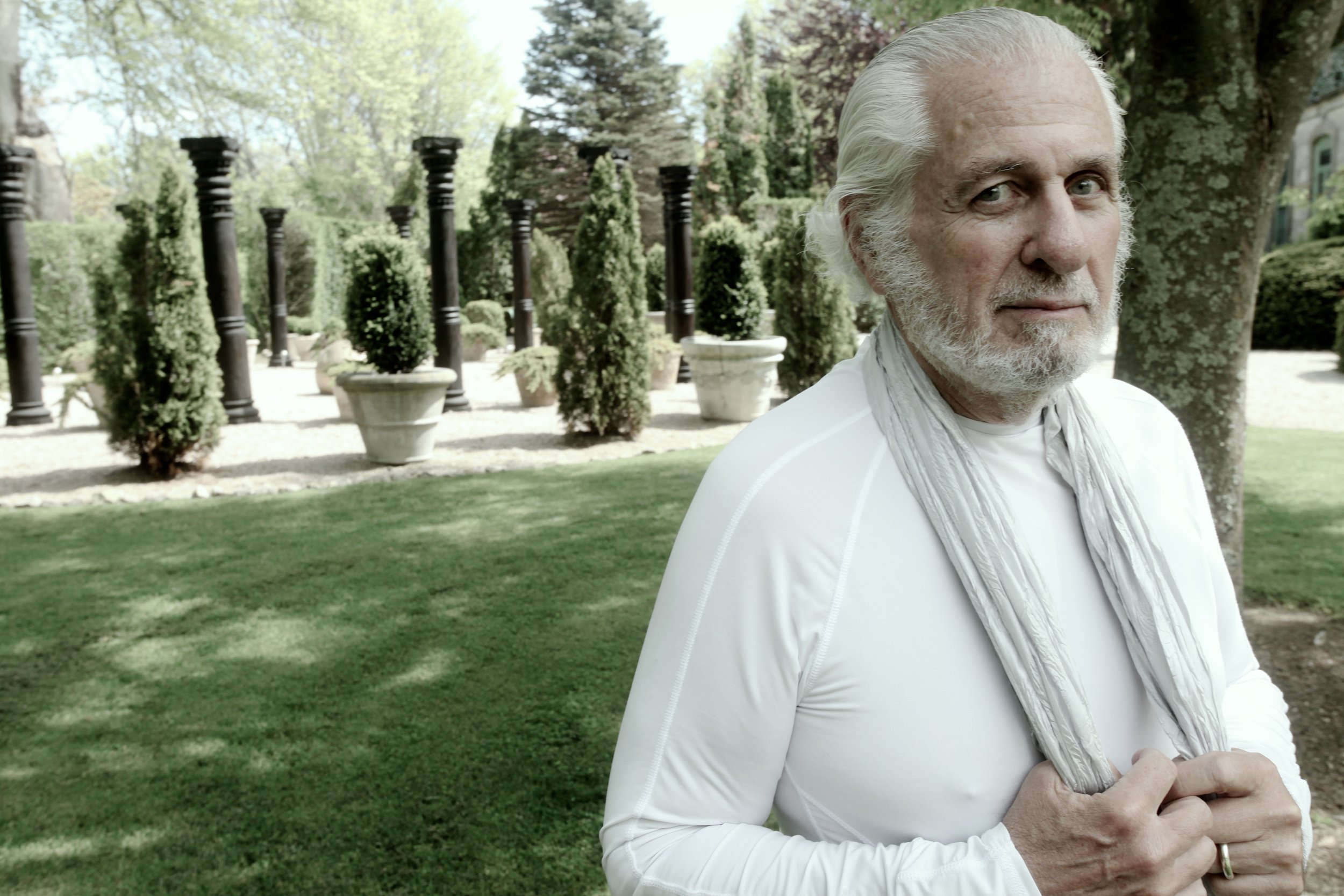'What Is Truly Good About AI, Nobody Has Probably Thought of Yet'; A Conversation with Richard Saul Wurman
To many, Richard Saul Wurman is inevitably introduced as "the man who created TED." Since Wurman organized the first TED conference in 1984, the organization's library has expanded to over 4,300 publicly available videos from some of the world's greatest minds about some of humanity's most curious and urgent subjects, not to mention the almost 50,000 independent TEDx talks which have been delivered since 2009.
The more one talks to or reads about Wurman, however, the smaller TED seems to shrink amidst a dizzying list of his pursuits into the world of the misunderstood, the unknown, and the unexplored. Born in 1935 in Philadelphia, an architectural alumnus of the University of Pennsylvania, Wurman has counted Louis Kahn and Charles Eames among his mentors and Moshe Safdie and Frank Gehry among his great friends. He has published over 90 books on topics from architecture and graphic design to data and medicine, leaving a trail of influential projects such as TED and TEDMED, theories such as LATCH and A-NOSE, and an entirely recognized field in Information Architecture which, incidentally, was the subject of a book by recent Archinect interviewee Molly Wright Steenson.
Steenson observed succinctly that Wurman's career boils down to "the singular pursuit of 'understanding,' to make information inform — finding the form in information." However, it was perhaps Wurman’s wife, the novelist Gloria Nagy, who captured this remarkable trajectory most aptly when she said, "It is very hard to explain what Richard does. It is especially hard for Richard to explain what Richard does. All of his training, as an architect, as a cartographer, as a graphic designer, as an entrepreneur, as a publisher, and as an author, has all been about a passion for making information understandable."
In June 2023, Archinect’s Niall Patrick Walsh spoke with Wurman about his reflections on artificial intelligence and how it sits in a broader timeline of technology and innovations. We also discussed how AI intersects with Wurman's passion for making information understandable and accessible and Wurman's wider thoughts on how his architectural background, his engagements with Louis Kahn, and his fascination with "opposites" have and continue to shape his career. The discussion, edited slightly for clarity, is published below.
